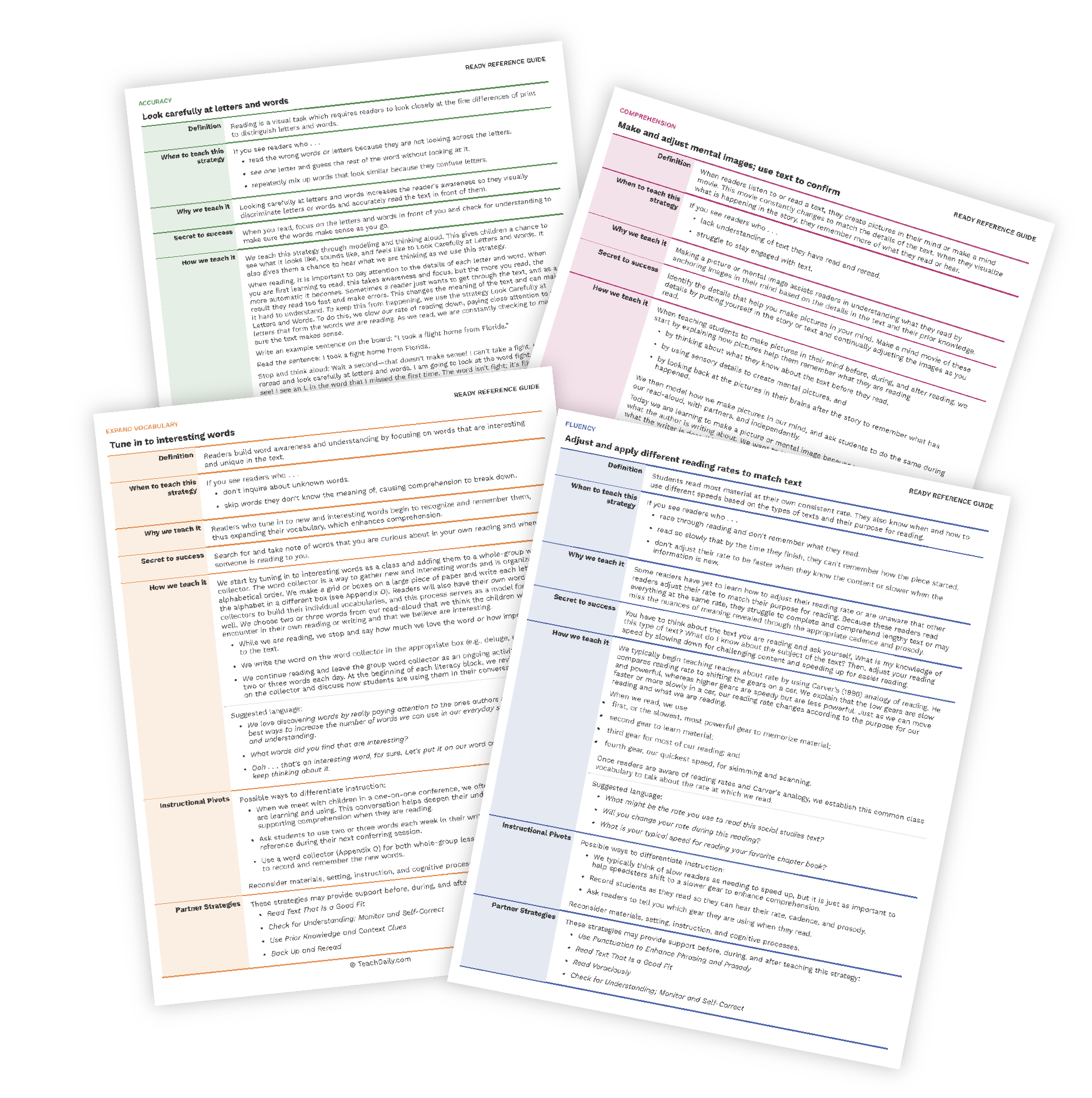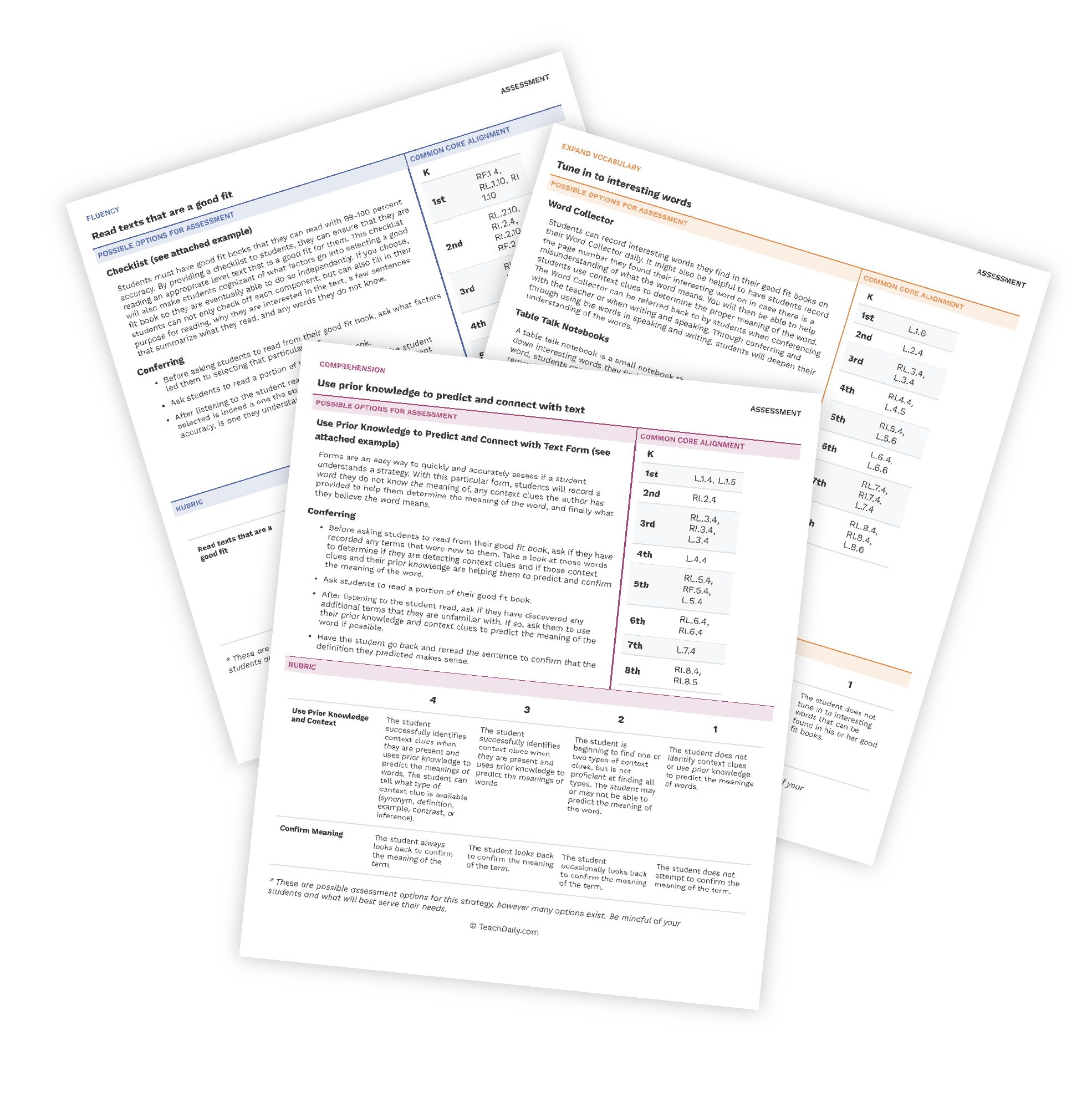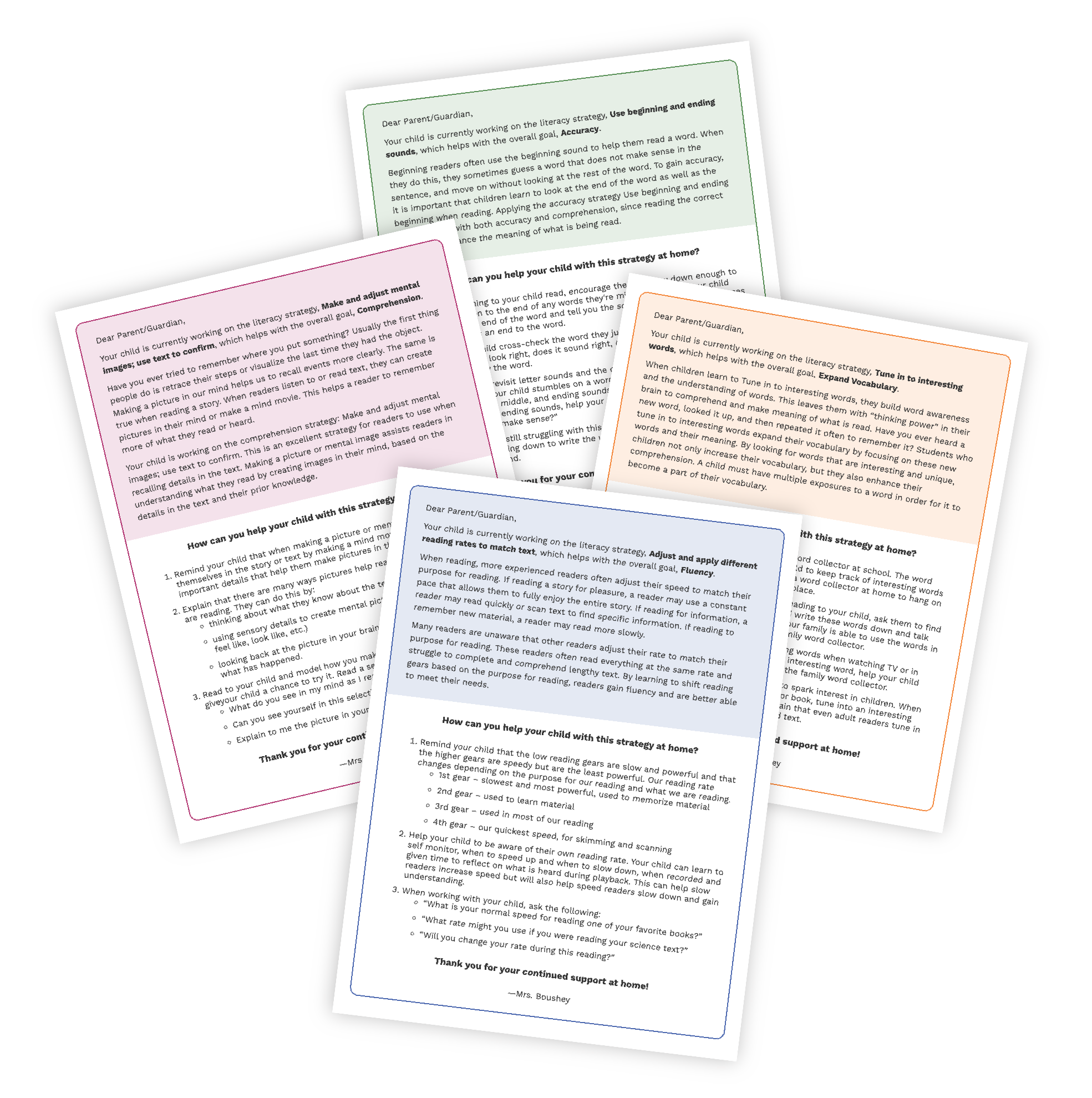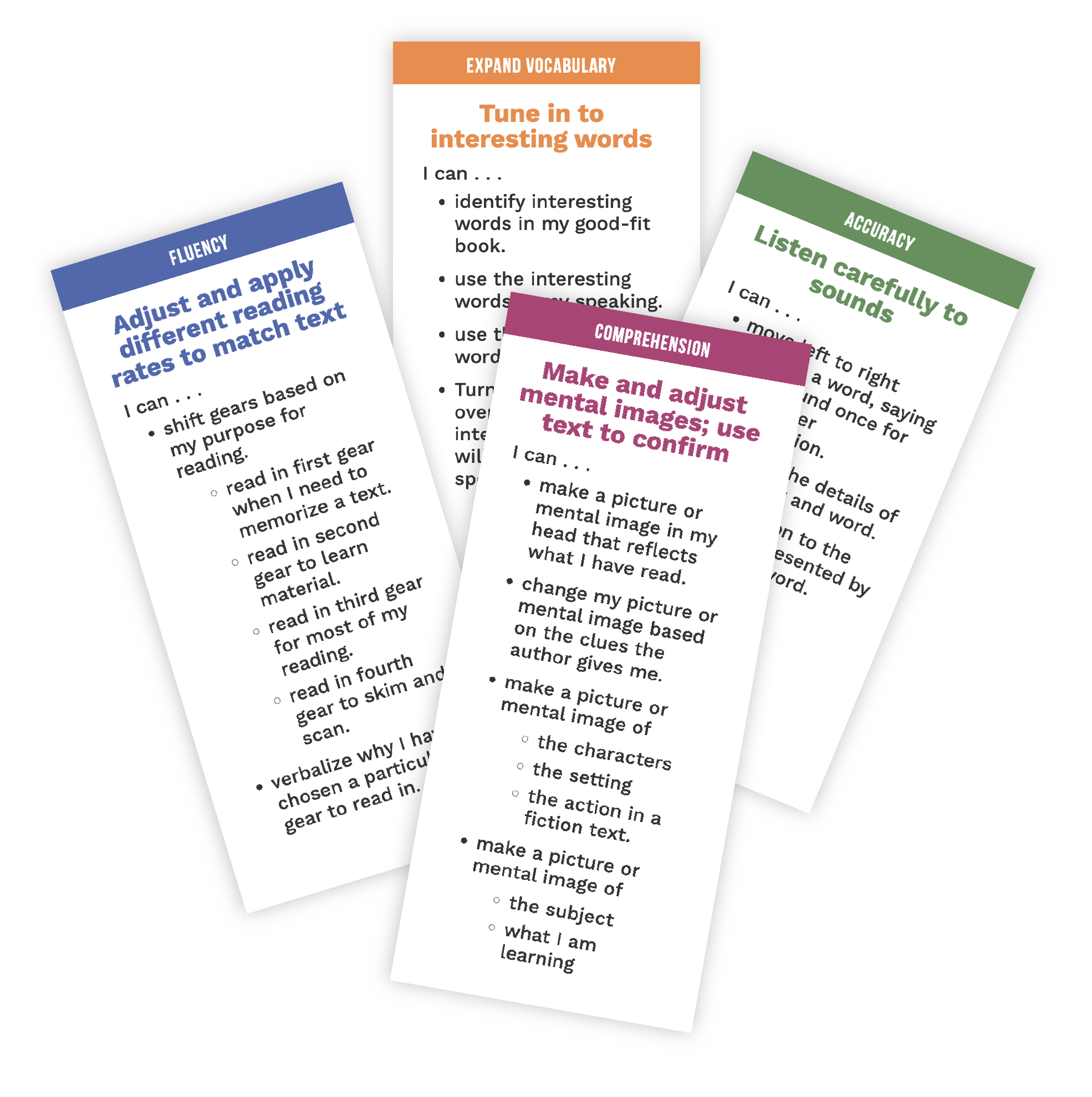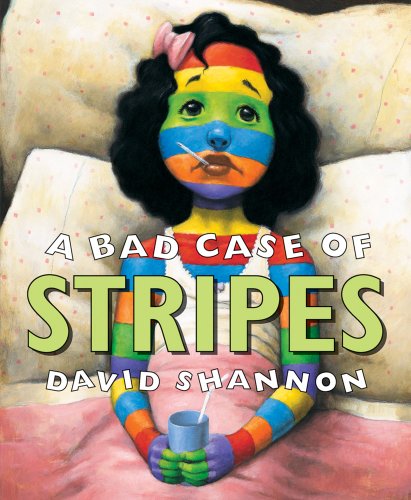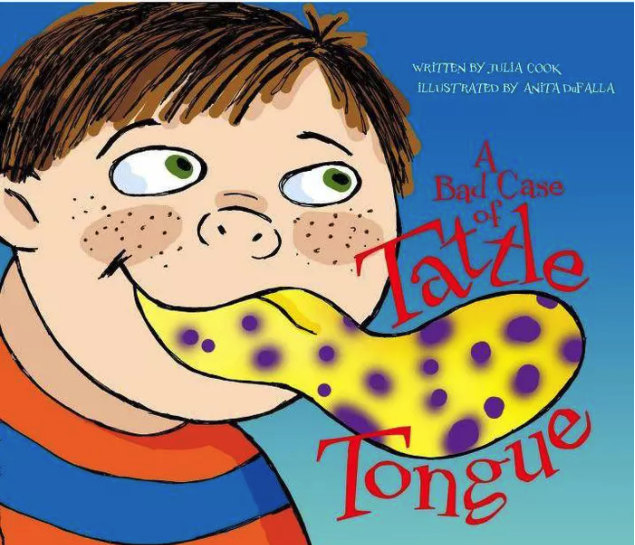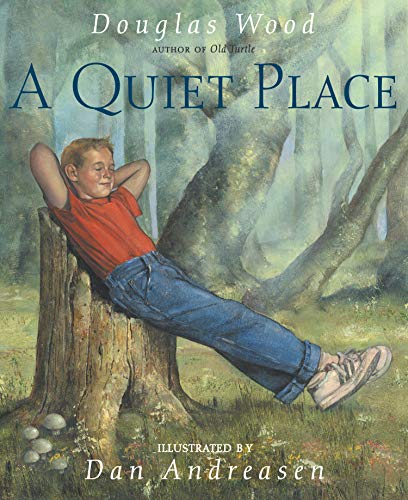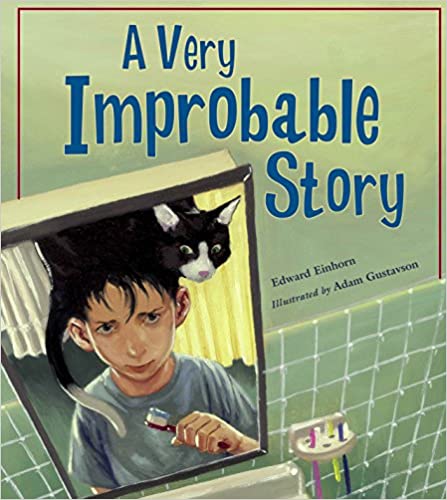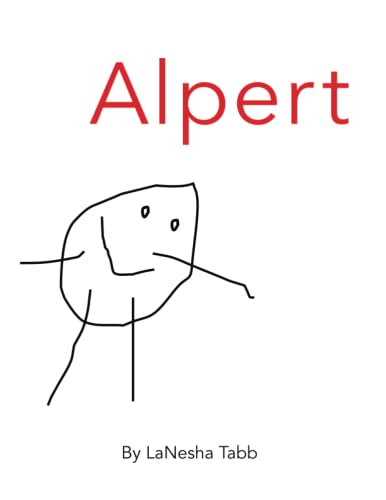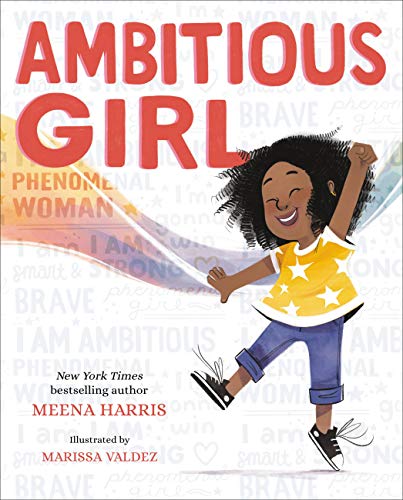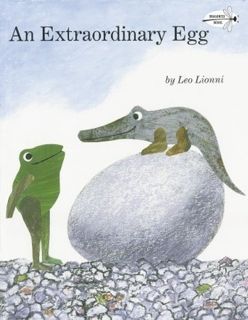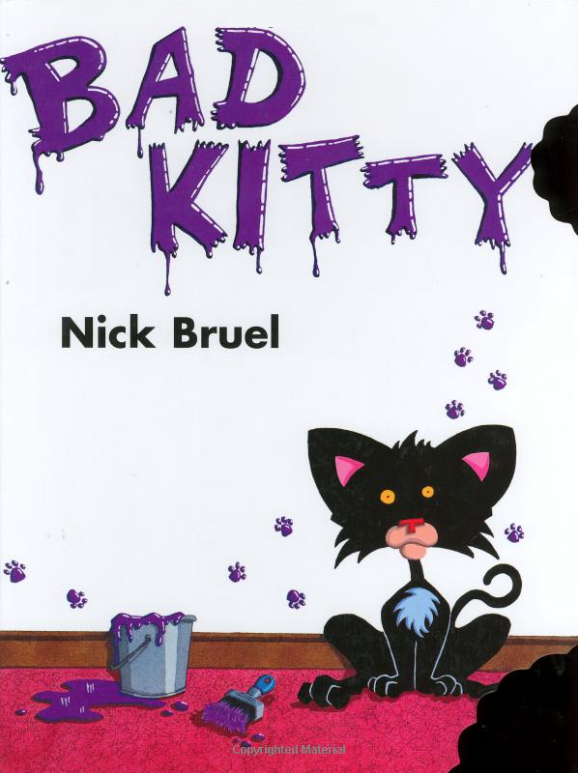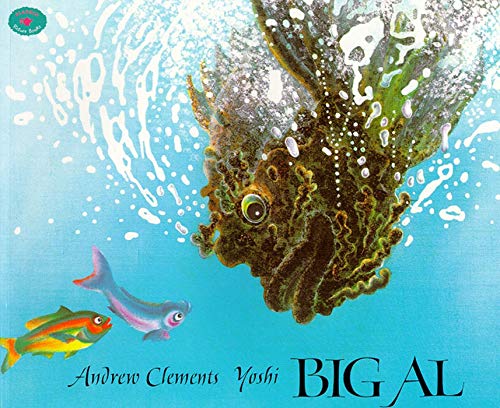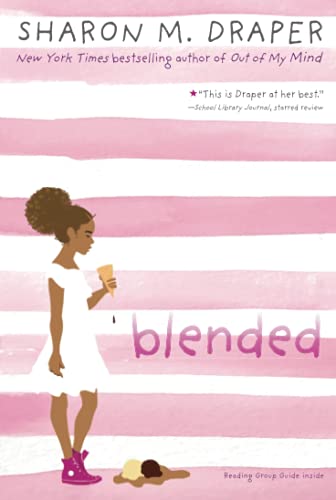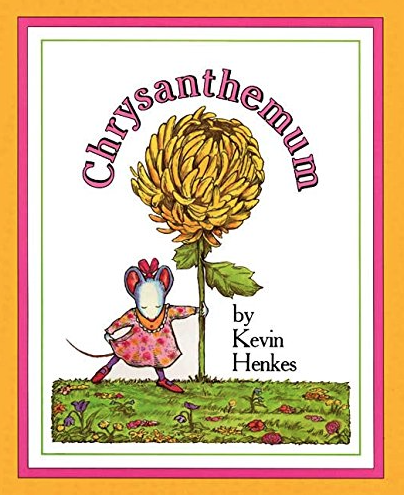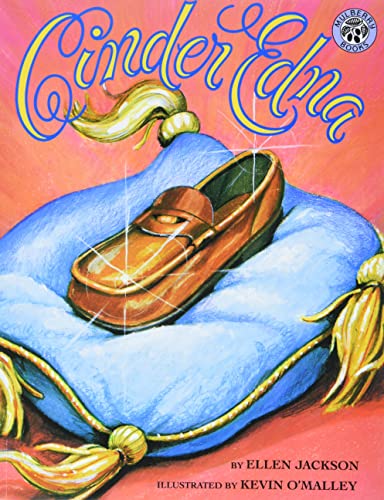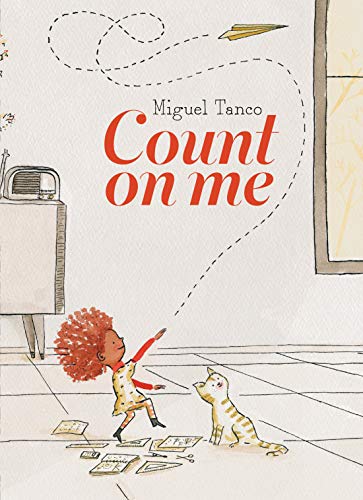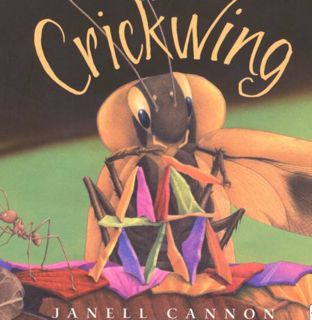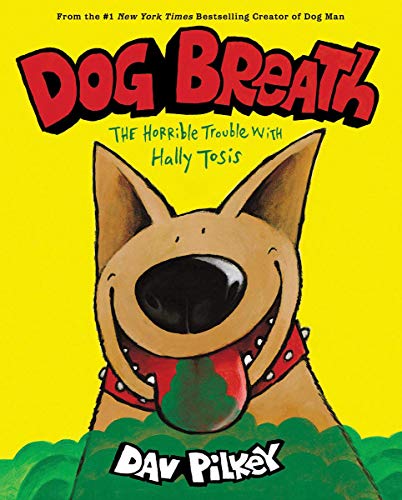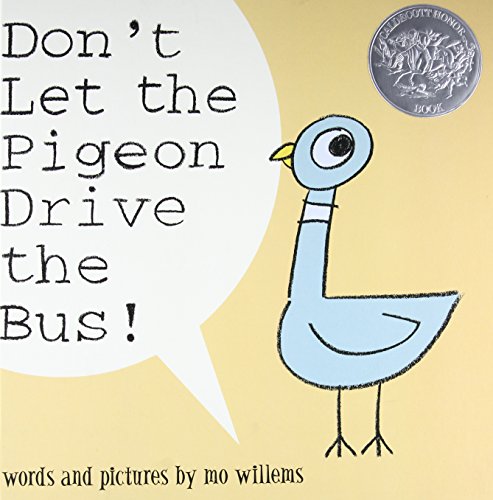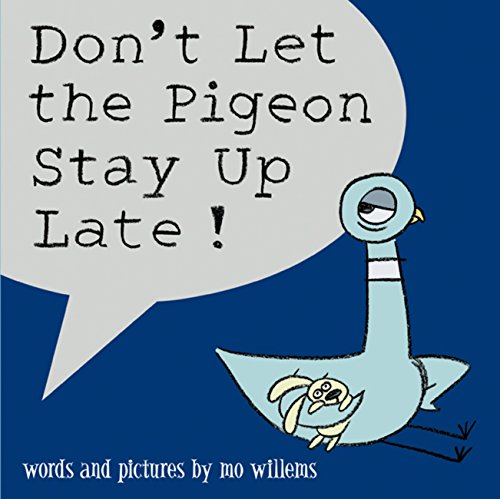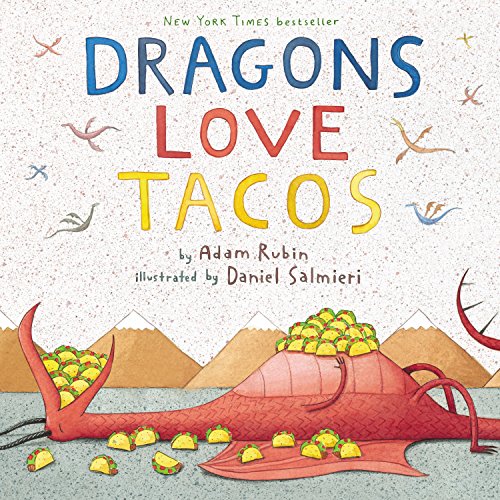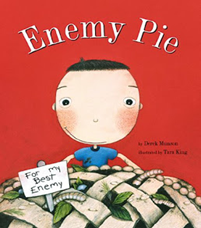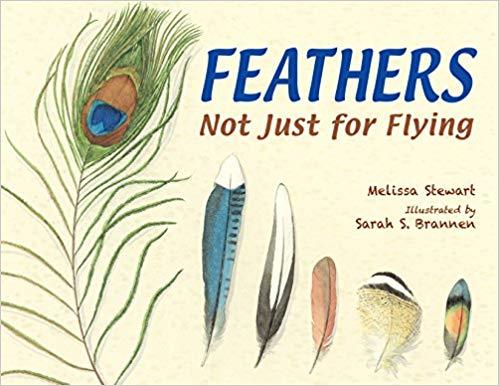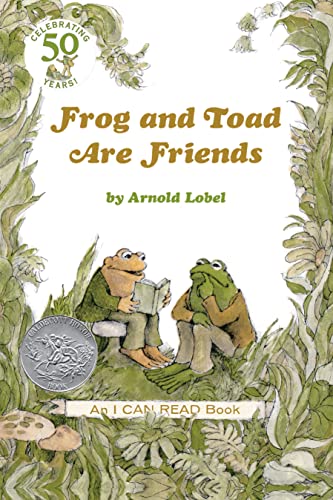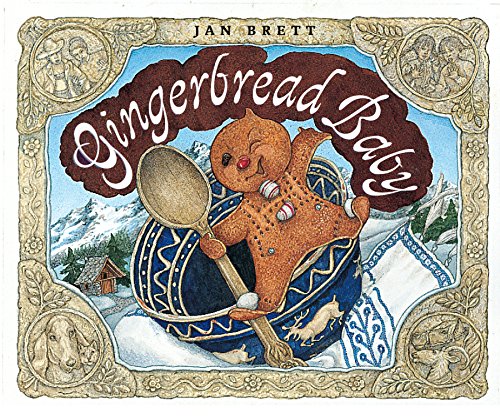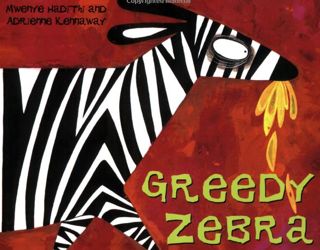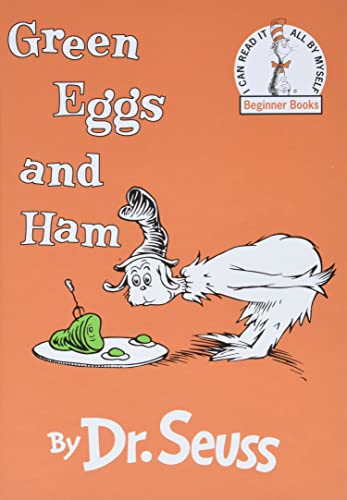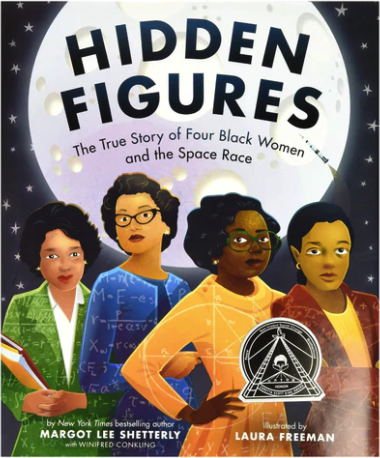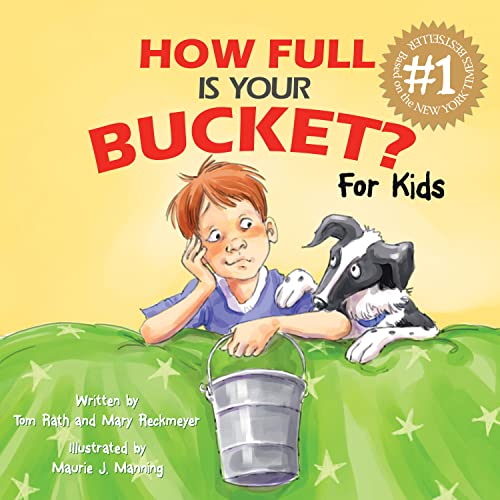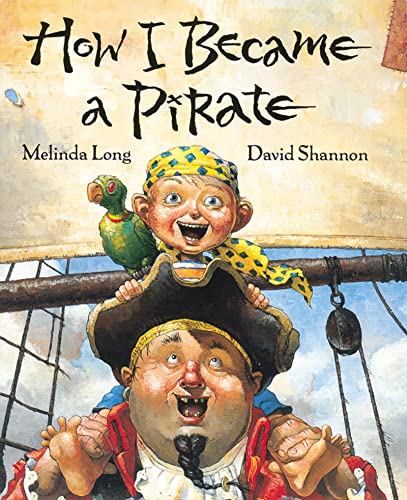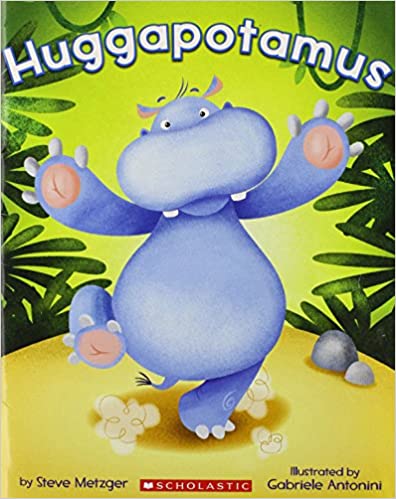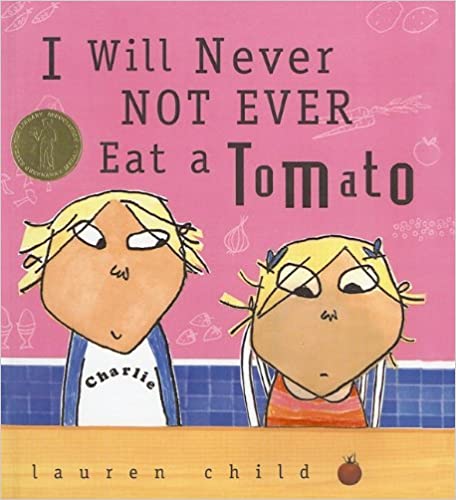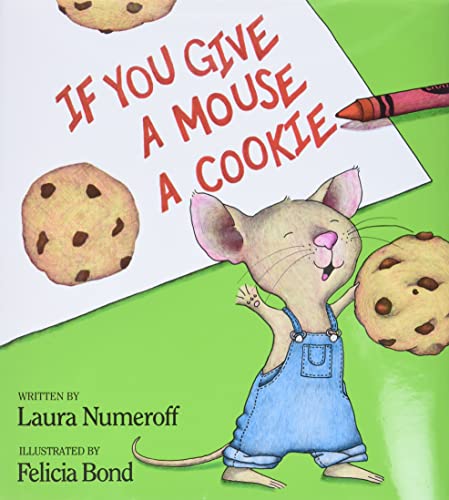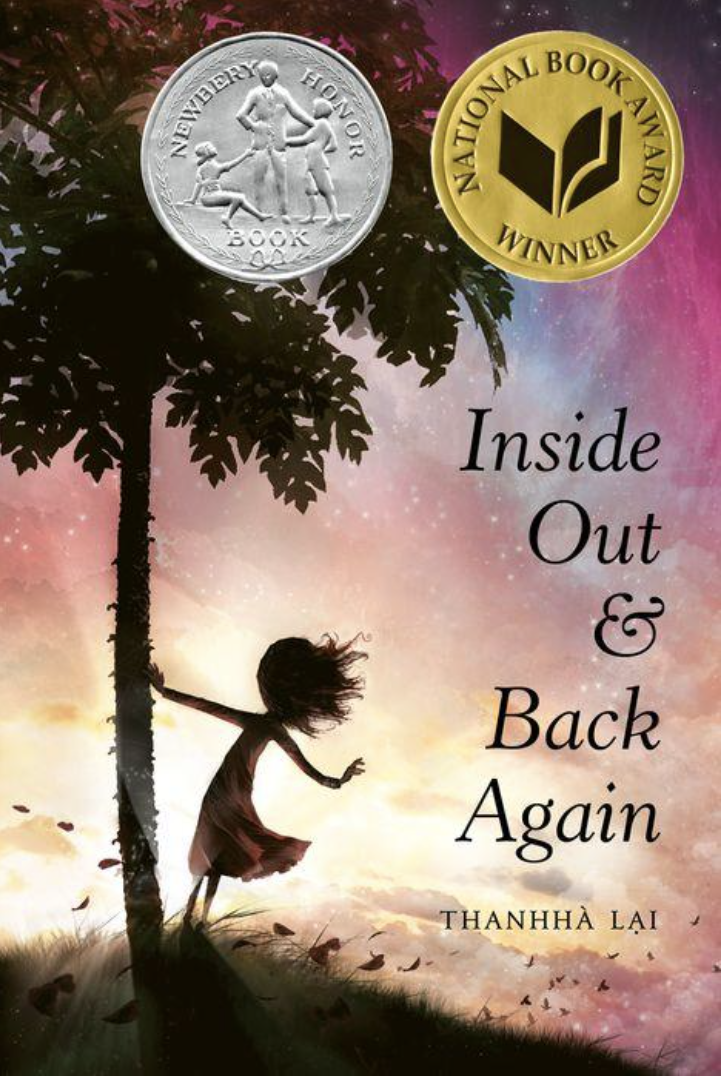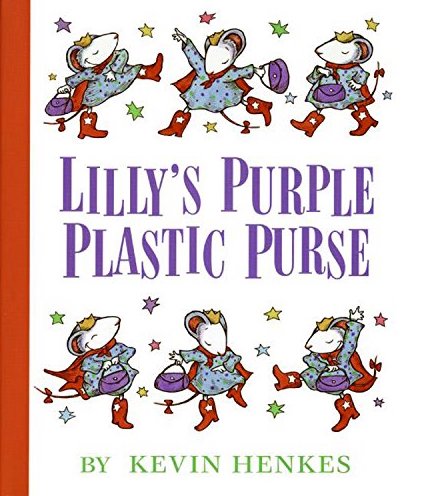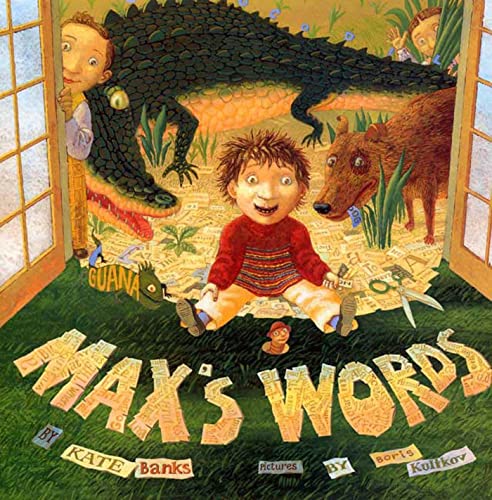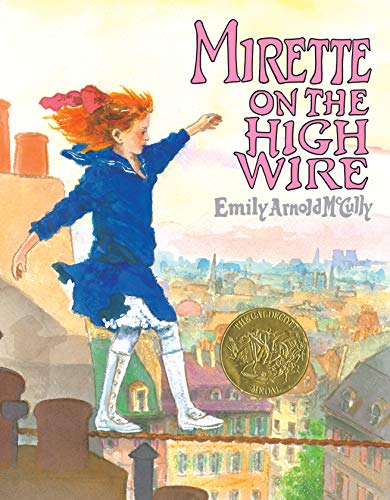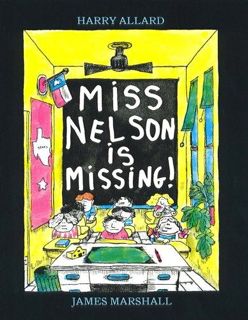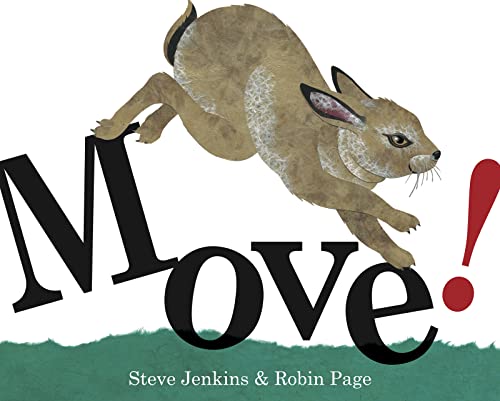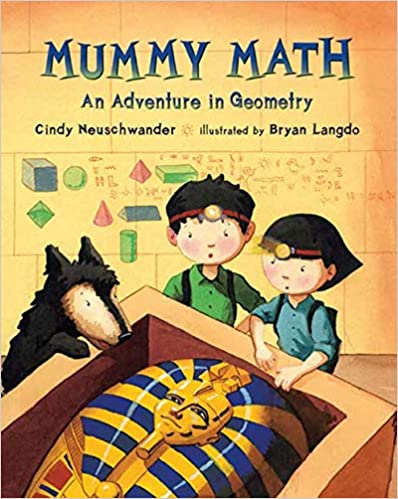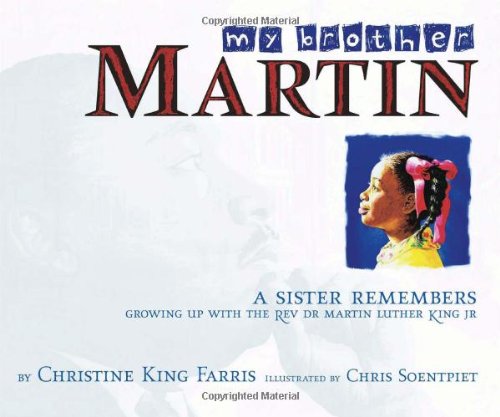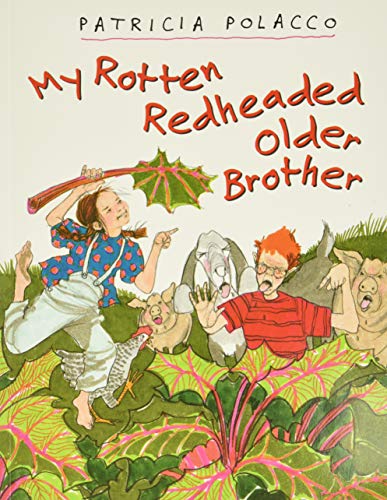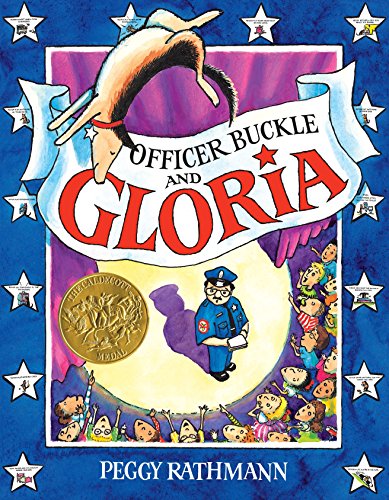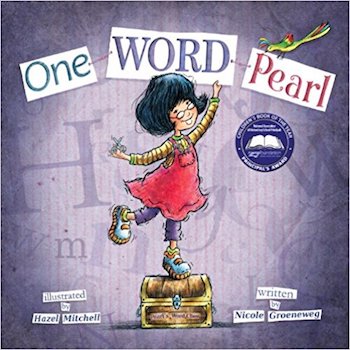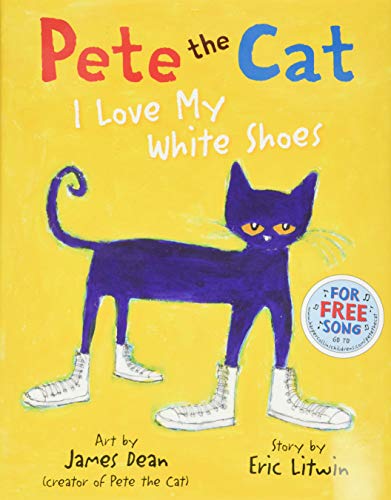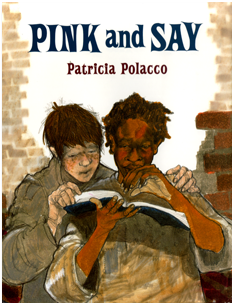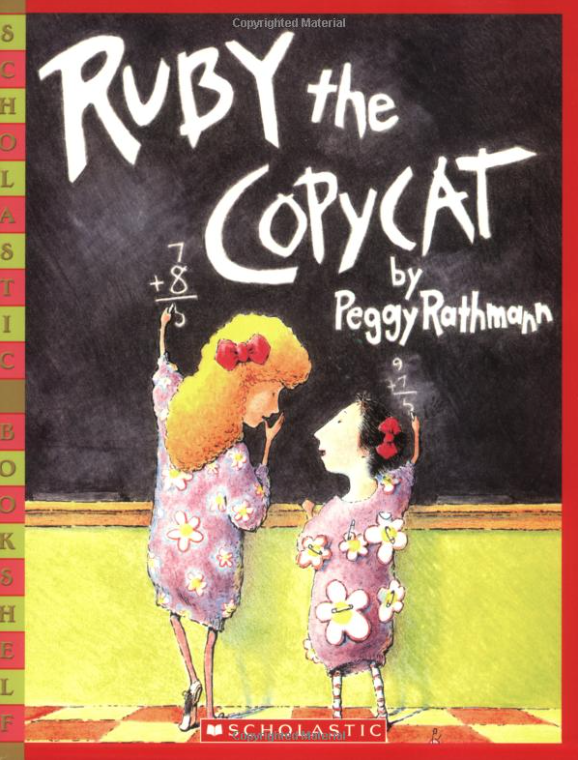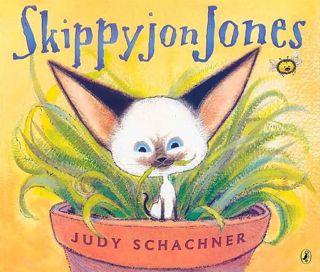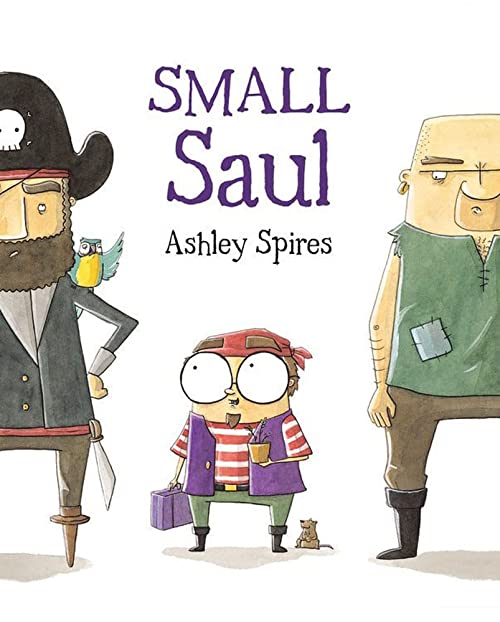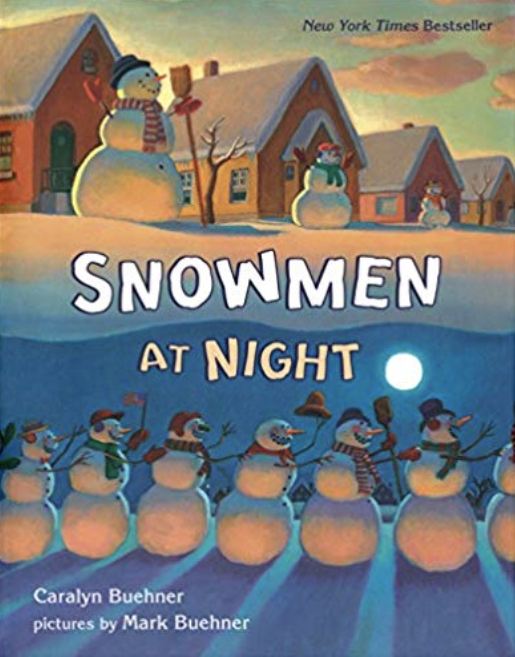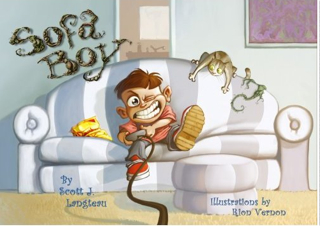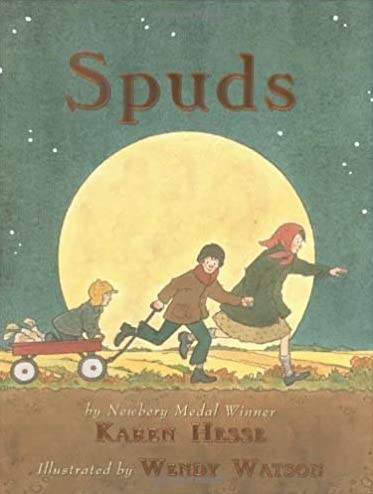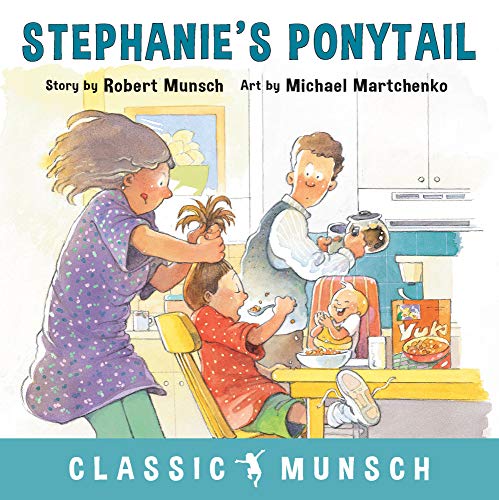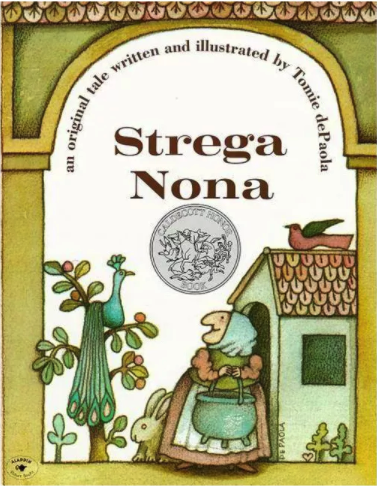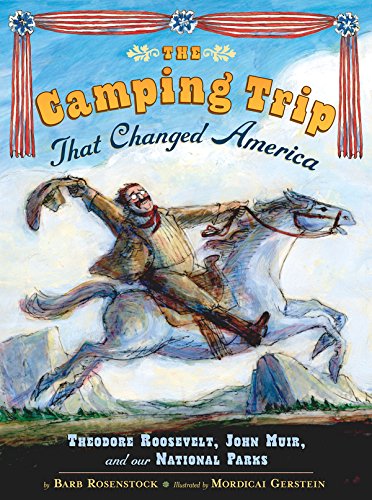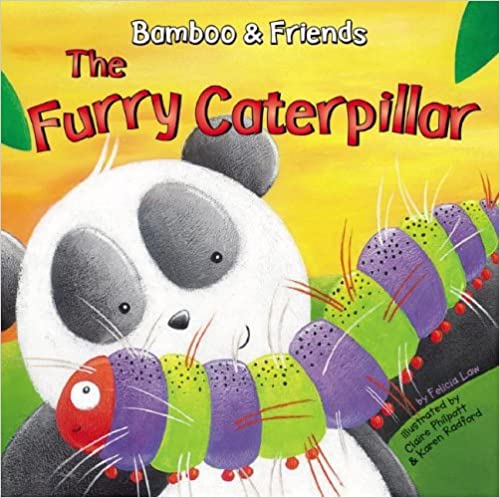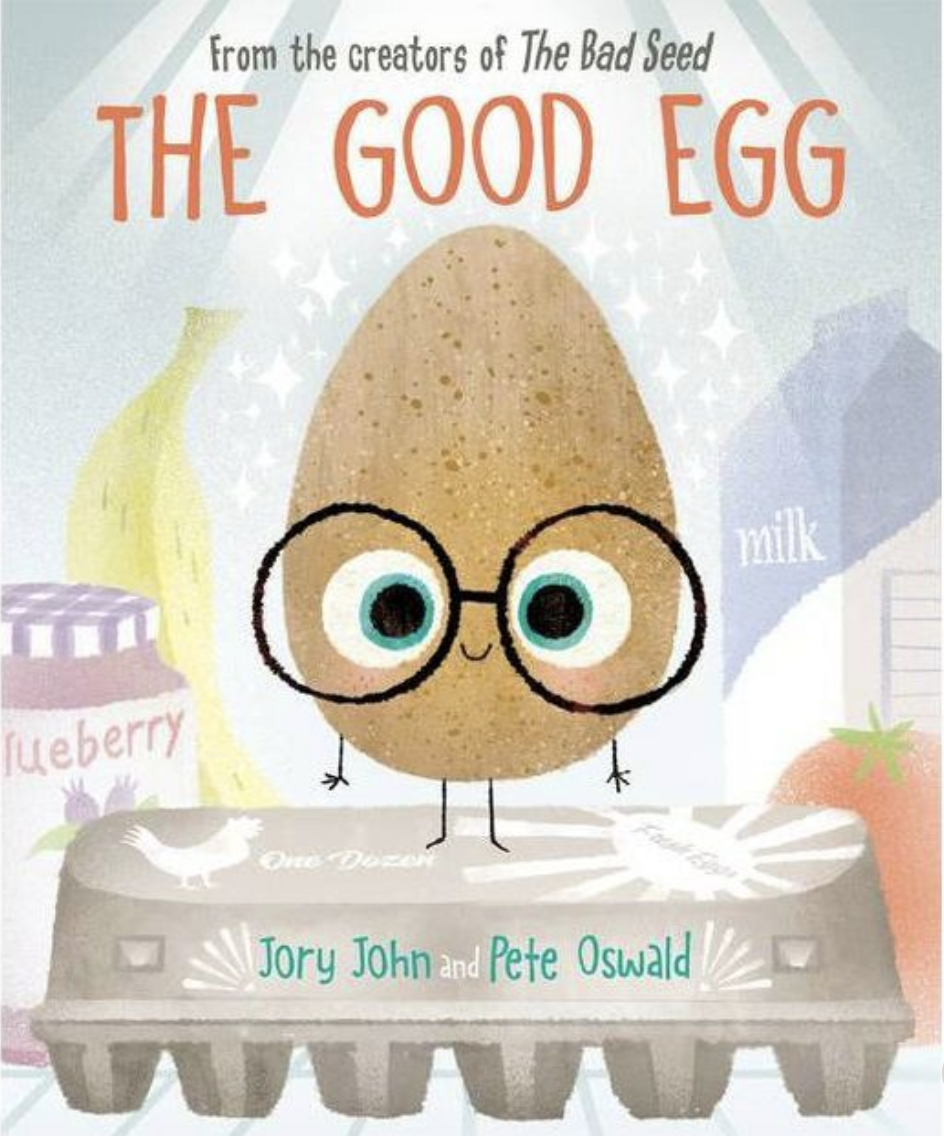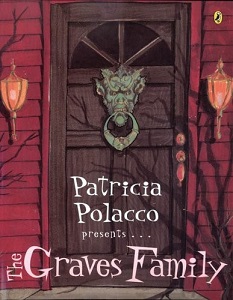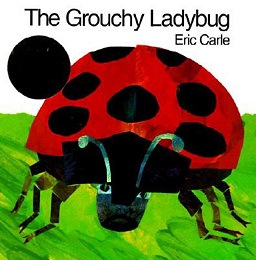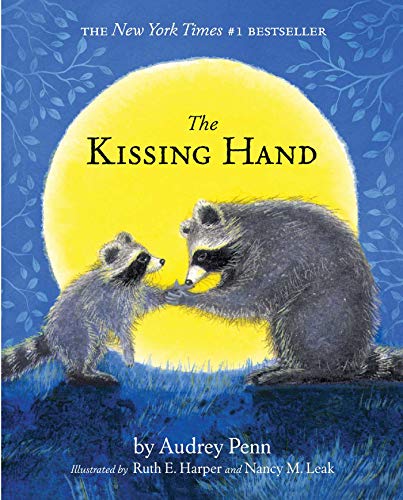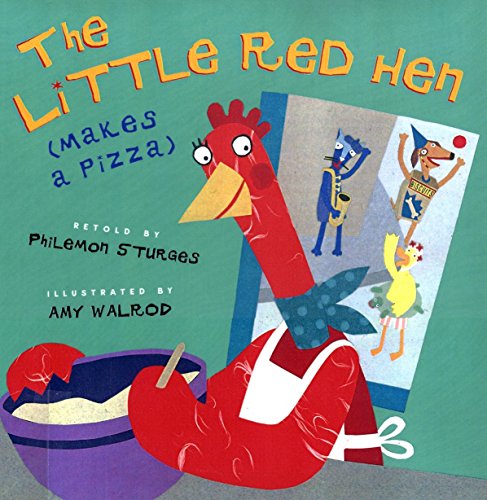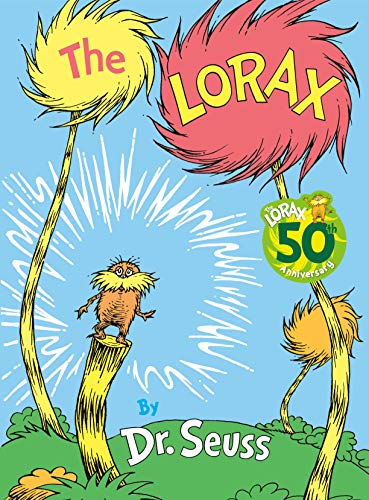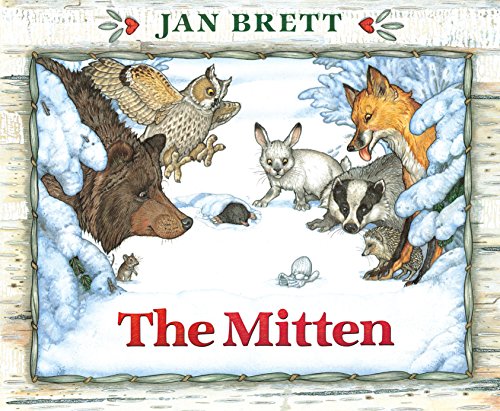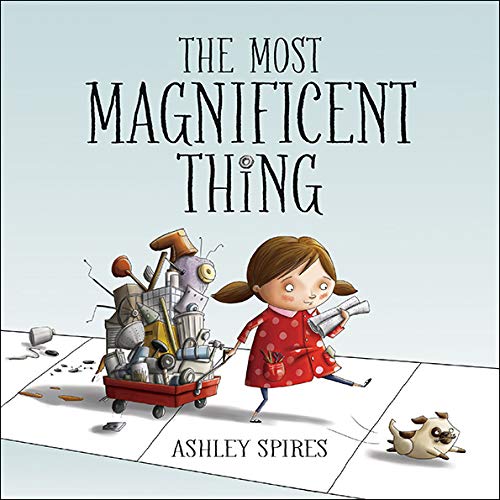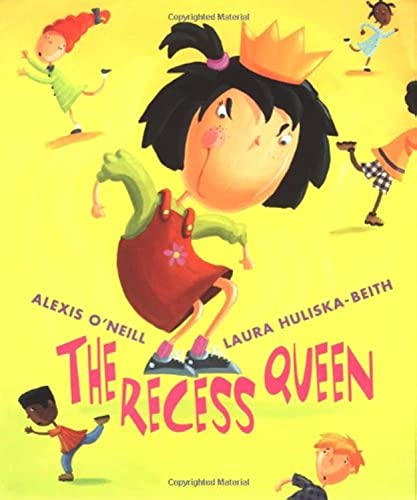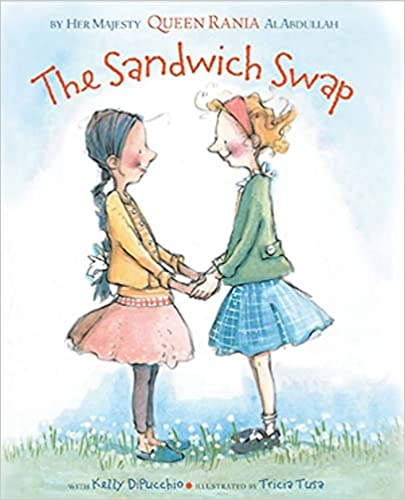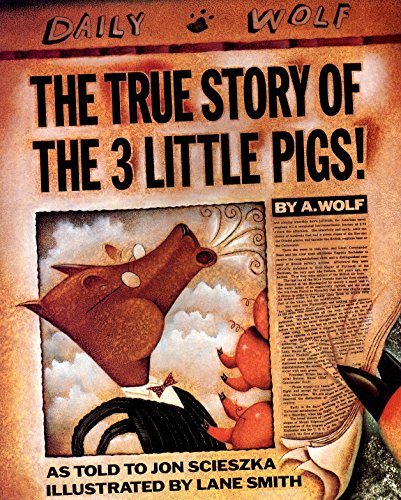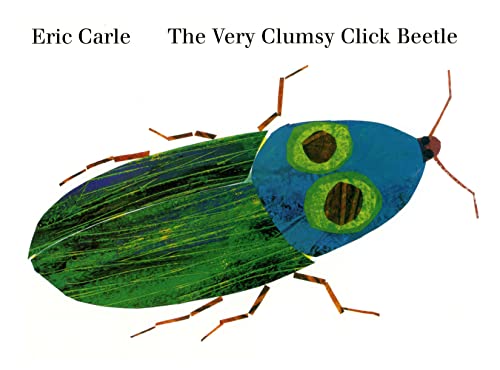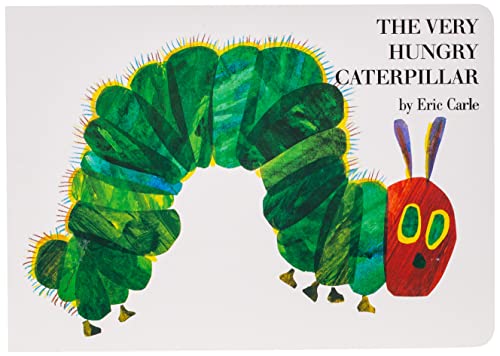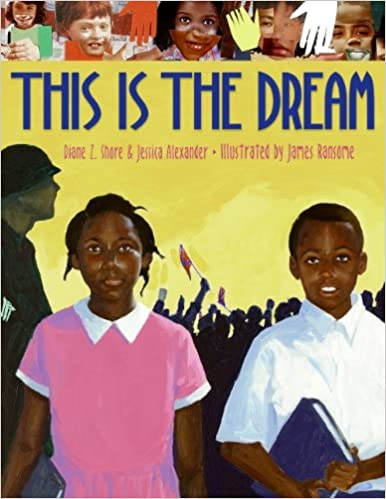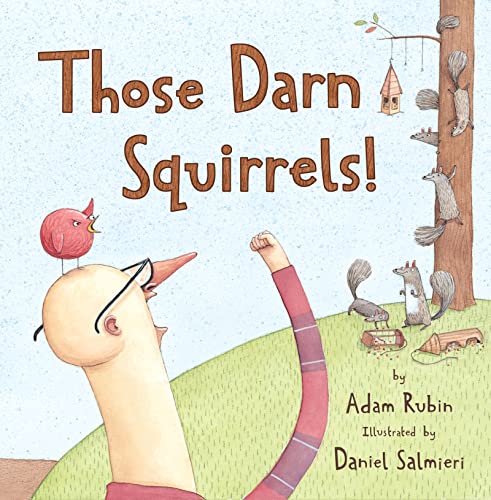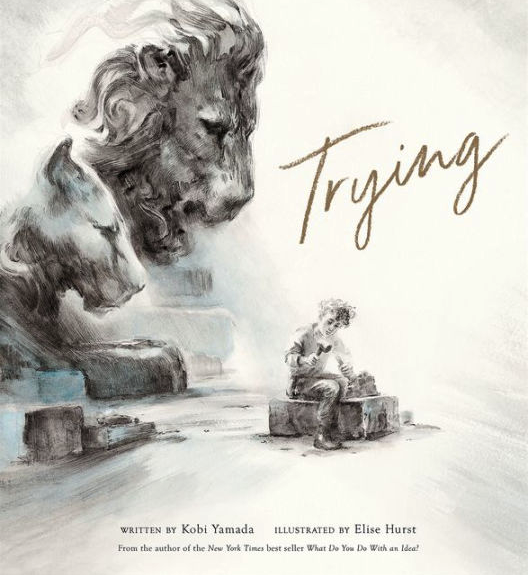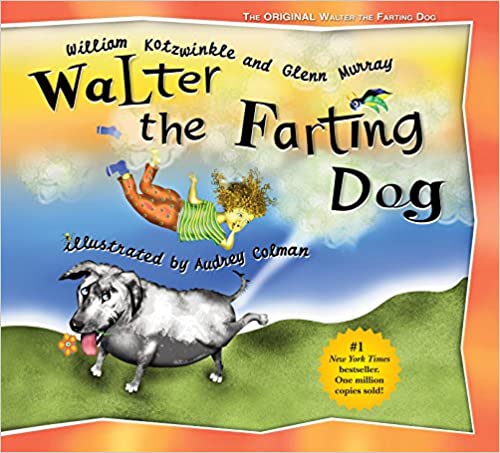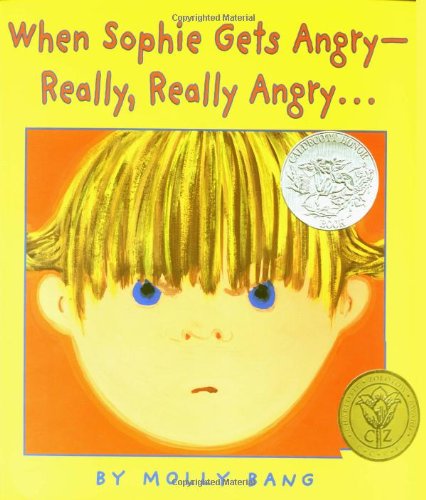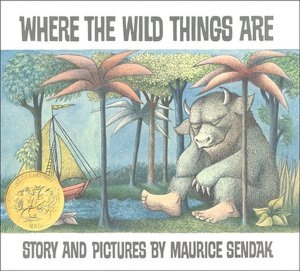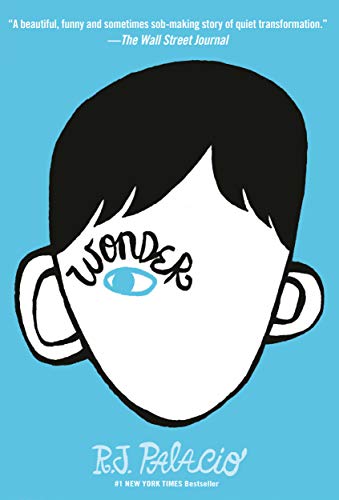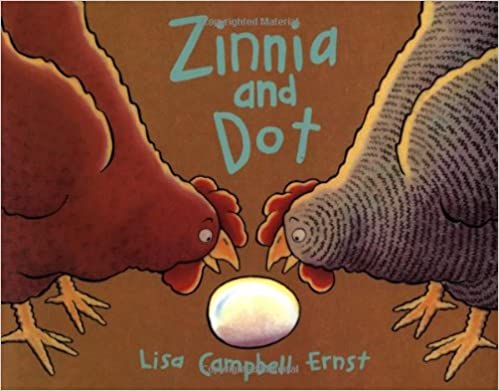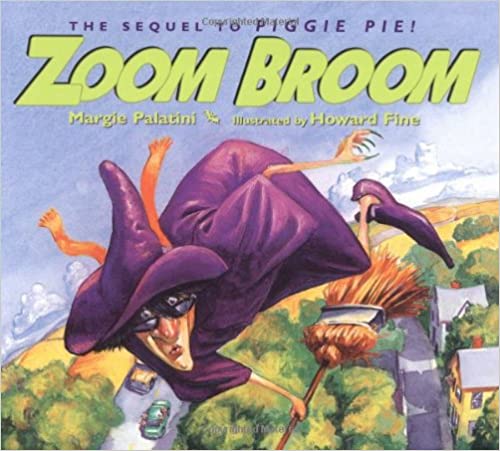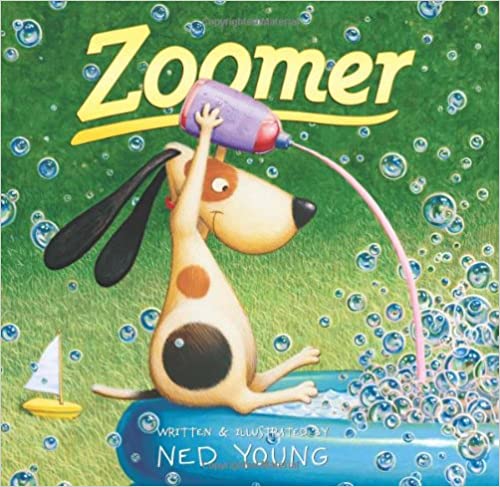AccountabilityAuthentic ApplicationBook RecommendationsBrain BreaksBrain Compatible TeachingBrief LessonsCaregiver CommunicationChoiceClassroom LibraryCollaborative LearningConcept MappingConferringCounting and CardinalityDaily RoutinesDifferentiationDiversity Equity and InclusionEngagement and MotivationEnvironmentFeedbackFoundation LessonsGoal SettingGood-Fit BooksIndependent LearningInstructionLessonsManagement and BehaviorMaterialsMathMath ActivitiesMath LessonsMeasurement and DataMonthlyNumber and Operations in Base TenOperations and Algebraic ThinkingPlanningPoetryProfessional LearningProgress MonitoringReadingRelationshipsSelf-RegulationTeaching IdeasWord StudyWriting
Beginning of the yearCelebrations and HolidayEarly Career TeacherELLEnd of the yearGuest TeacherIntermediate GradesKindergarten and Pre-KLifelong LearningMiddle School GradesPrimary GradesSchool LeadersSelf-CareSmall GroupsStaying OrganizedSummerWhole Group
Classroom ManagementCollaborative LearningConferringEnvironmentGraphic OrganizersIndependent LearningLessonsLiteracyMathOtherPlanningProgress Monitoring and AccountabilityRelationshipsRoutinesSeasonalSocial-Emotional Learning (SEL)Writing
Brain BreaksClassroom ManagementCoaching BriefConferringEnvironmentInstructional TipsKid TeacherLiteracyMathProfessional LearningSmall GroupWhole Group
Printables
Videos
Perfect For
Bookshelf
Literacy Strategies
Math Strategies
Ready Reference Guides
Tip of the Week
Contributors
A Bad Case of StripesA Bad Case of Tattle TongueA Different PondA Quiet PlaceA Very Improbable StoryAlexander, Who's Not (Do you hear me? I mean it!) Going to MoveAlice the FairyAll Are WelcomeAlpertAmbitious GirlAn Extraordinary EggBad KittyBe KindBe You!Before She Was HarrietBig AlBlendedBold and Brave: Ten Heroes Who Won Women the Right to VoteBrave IreneChrysanthemumCinder EdnaClick Clack Moo Cows That TypeCount On MeCrickwingDesertsDex: The Heart of a HeroDog BreathDon't Let the Pigeon Drive the Bus!Don't Let the Pigeon Stay Up Late!Dragons Love TacosDreamersDrum Dream GirlDuck & GooseEdward the EmuEmmanuel's Dream: The True Story of Emmanuel Ofosu YeboahEnemy PieEyes and EarsFeathers: Not Just for FlyingFiona's LaceFish is FishFrog and Toad Are FriendsGingerbread BabyGiraffes Can't DanceGreedy ZebraGreen Eggs and HamHarry the Dirty DogHidden FiguresHow Full Is Your Bucket? For KidsHow I Became a PirateHuggapotamusI Am HumanI Need My MonsterI Went WalkingI Will Never NOT EVER Eat a TomatoI Wish You MoreIf You Give a Mouse a CookieInside Out and Back AgainIshJulián Is a MermaidJunebugKamala and Maya's Big IdeaKing Bidgood's in the BathtubLet the Children MarchLilly's Purple Plastic PurseMath CurseMax's WordsMirette On The High WireMiss Alaineus: A Vocabulary DisasterMiss Nelson is MissingMiss RumphiusMove!Muddy: The Story of Blues Legend Muddy WatersMummy MathMy Brother MartinMy Mouth is a VolcanoMy Rotten Redheaded Older BrotherNo Jumping On The BedOfficer Buckle and GloriaOne Big Rain: Poems for Every Season CompiledOne Word PearlOur Class Is a FamilyOwl BookPete the Cat: I Love My White ShoesPink and SayPumpkin JackRuby the CopycatSilly SallySkippyjon JonesSmall SaulSnowmen at NightSofa BoySomebody Loves You, Mr. HatchSonia Sotomayor: A Judge Grows in the BronxSpudsStephanie's PonytailStone SoupStrega NonaThe Brand New KidThe Camping Trip That Changed AmericaThe Furry CaterpillarThe Girl Who Thought in Pictures: The Story of Dr. Temple GrandinThe Good EggThe Graves FamilyThe Grouchy LadybugThe Invisible BoyThe Keeping QuiltThe Kissing HandThe Little Red Hen (Makes a Pizza)The LoraxThe MittenThe Most Magnificent ThingThe One Day HouseThe Polar ExpressThe Recess QueenThe Relatives CameThe Sandwich SwapThe True Story of the Three Little PigsThe Very Clumsy Click BeetleThe Very Hungry CaterpillarThe Watermelon SeedThere Was an Old Lady Who Swallowed a FlyThere Was an Old Lady Who Swallowed Fly GuyThis Is the DreamThose Darn Squirrels!Tikki Tikki TemboTryingTurkey TroubleWalter the Farting DogWe Are Water ProtectorsWemberly WorriedWhen Sophie Gets Angry—Really, Really AngryWhere The Wild Things AreWild Fibonacci: Nature's Secret Code RevealedWonderZinnia and DotZoom BroomZoomer

